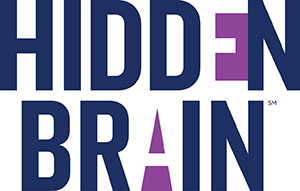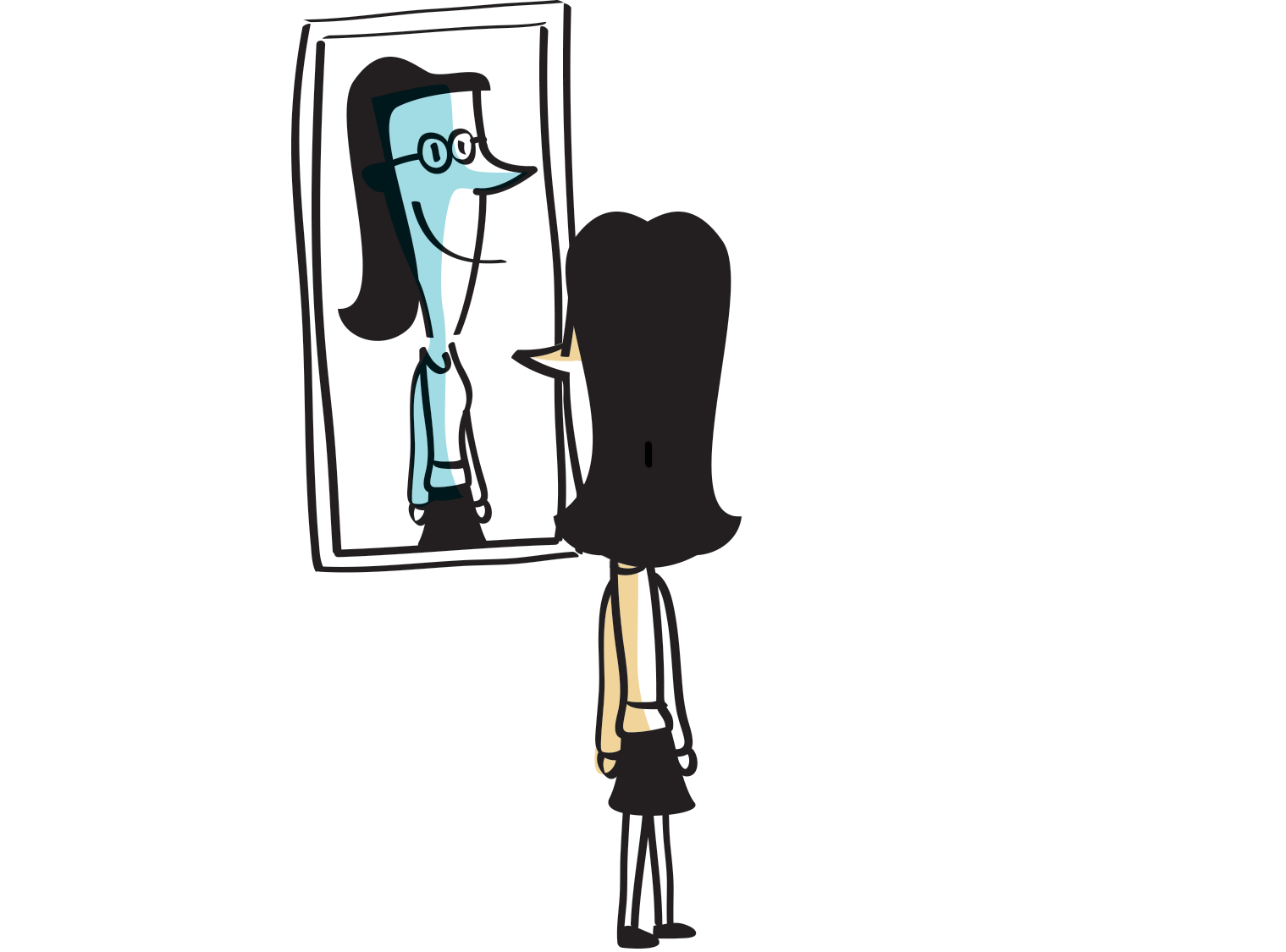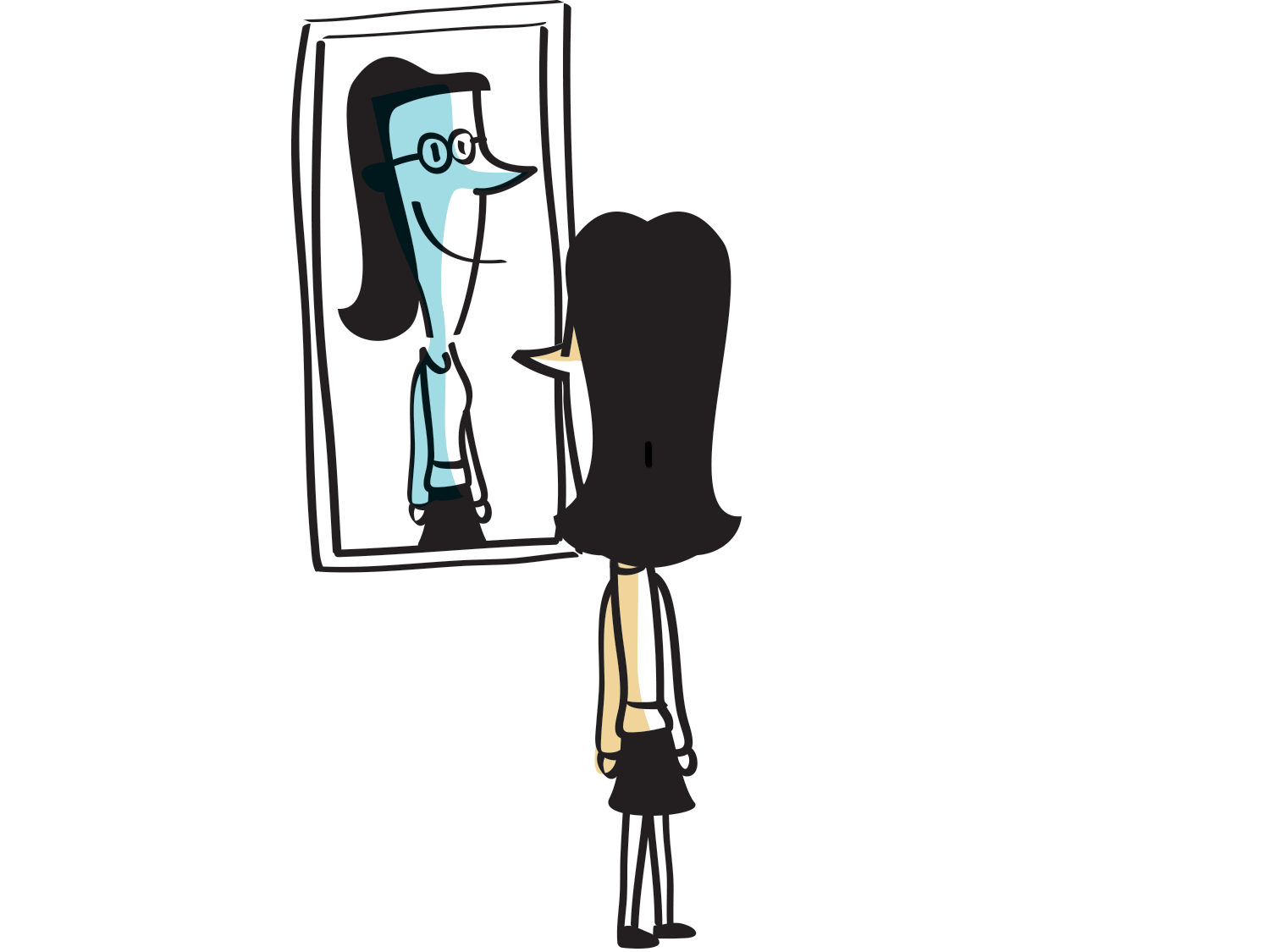Entering College
Who are you, really? Admissions officers look for authenticity and want to know who you are, what you care about, why you do the things you do, and your goals and aspirations. Character counts. How will you be as a roommate, teammate, classmate, lab partner, campus leader or friend? Will faculty be excited to teach a student like you? How will you make the campus community better? HOO-R-U helps you determine the nuances of your online identity by evaluating how others might view you through social media.
How a Social Media Scandal Unfolded at Harvard: NPR
HIDDEN BRAIN, September 9, 2019
Online Behavior, Real-Life Consequences:
The Unfolding of a Social Media Scandal
It can only be assumed that anyone accepted into Harvard, one of America’s most elite universities, had an impressive list of academic and personal accomplishments to get them there. Not long ago, a teenager from Pennsylvania did something stupid on social media. His actions spiraled out of his control and changed his life forever. What he did got him and at least 9 other accepted students kicked out—before they even set foot in Harvard Yard.
This podcast from NPR’s Hidden Brain, describes what this young man did, and considers what his story says about a fault line that runs through our lives: On social media, we’re encouraged to be quick, clever, edgy. The funny videos and amusing banter we engage in seem trivial. But they are not. A larger world is watching. It’s usually silent, but every now and then, something we say or do can ignite a firestorm. And then, nothing can undo the damage.
68% of college admission professionals say it’s “fair game” to review applicants’ social media profile
[Kaplan Test Prep Survey, 2017]
If you think your innate curiosity, sense of humor, empathy, openness to new ideas and willingness to challenge yourself should truly reflect on what kind of student you’d be in college, you should revisit the identity you are now projecting online.
Teens Find Out Social Media May Hurt Chances of Being Accepted: ABC News
College Admissions Officers Say:
More than 25% of college admissions officers go online to get a window about their applicants.
1/3 of college admissions officers say they discovered something that hurt a student’s chances of getting in.
Colleges don’t just look at your pages; they look at friends’ pages for photos of you.
Don’t deactivate your account. Admissions officers say that can raise suspicion at the college.
HOO-R-U can help support your college admissions process.
You’ll be asked a series of questions. When you’re finished, you’ll be given scores on 5 dimensions of your online profile. The scores are based on how important each element of your profile is to you and only you. These scores, on a scale from 1-100, are calculated in a way that takes into account how you stack up compared to other people who have used HOO-R-U and are most similar to you in age, gender, education and social media usage
What we do online can strongly affect our offline lives in ways we never imagined. HOO-R-U tells you what you really are communicating about yourself and prods you to think about what you really want to project. We hope getting your HOO-R-U Profile becomes a regular activity for all the people who care and are concerned with the footprints they leave on social media. After all, those prints can live forever.
The Looking Glass Self
The methodology of the HOO-R-U Profile and Score is derived from the “looking glass self” social science model that is the foundation of the theory of self in sociology. It dates back to the early 20th century and is best captured by this curious statement:
“I am not who you think I am; I am not who I think I am; I am who I think, you think, I am” – Dr. Charles Horton Cooley (1902)
HOW IT WORKS
You’ll be asked a series of questions. When you’re finished, you’ll be given scores on 5 dimensions of your online profile. The scores are based on how important each element of your profile is to you and only you. These scores, on a scale from 1-100, are calculated in a way that takes into account how you stack up compared to other people who have used HOO-R-U and are most similar to you in age, gender, education and social media usage
WHY IT'S IMPORTANT
What we do online can strongly affect our offline lives in ways we never imagined. HOO-R-U tells you what you really are communicating about yourself and prods you to think about what you really want to project. We hope getting your HOO-R-U Profile becomes a regular activity for all the people who care and are concerned with the footprints they leave on social media. After all, those prints can live forever.
THE SCIENCE BEHIND IT
The Looking Glass Self
The methodology of the HOO-R-U Profile and Score is derived from the “looking glass self” social science model that is the foundation of the theory of self in sociology. It dates back to the early 20th century and is best captured by this curious statement:
“I am not who you think I am; I am not who I think I am; I am who I think, you think, I am” – Dr. Charles Horton Cooley (1902)








